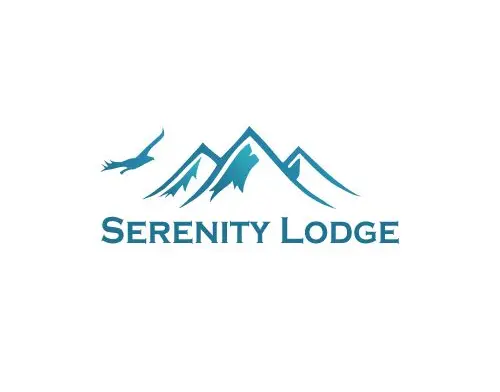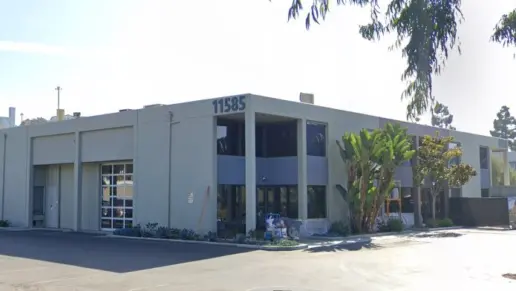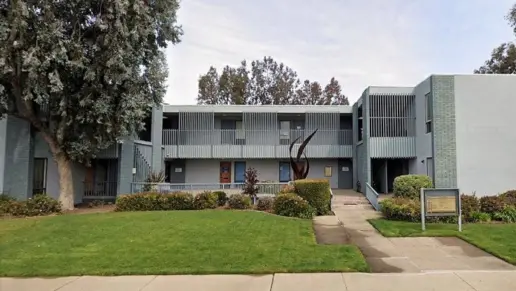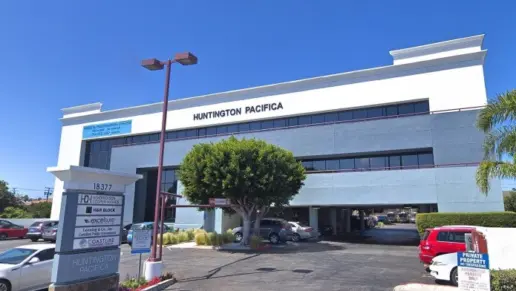About Zinnia Healing Serenity Lodge
Zinnia Health’s Serenity Lodge is a premier residential addiction recovery center for men in Lake Arrowhead, California. They serve men affected by substance use and co-occurring disorders. This facility is set on a peaceful 22 acre property with modern amenities. This includes fitness centers, movie theaters and yoga and meditation pyramids. There’s also a racquetball court, professional recording studio and outdoor pool and sauna. The facility boasts 48 private and semi private rooms. It’s just the ideal environment for recovery with all the trimmings.
They’re reputed for their quality and individualized care. This is evidenced by the numerous testimonies of past clients. They’re also LegitScript certified, which further demonstrates their commitment to quality.
Their residential treatment options include detox and inpatient rehabilitation. They also offer partial hospitalization or day treatment. This can be a step down from inpatient care or a standalone option if you need structured support without full time residency.
Detox occurs in a highly structured and therapeutic setting in their residential facility. It involves assessment, stabilization and 24/7 monitoring by experienced professionals. These experts can administer FDA approved medication if necessary to ease withdrawal symptoms. This ensures your detox is safe and comfortable. The process may take from three days to up to 14 days.
After detox, you can continue your recovery journey through their inpatient rehabilitation. This program involves intense therapy sessions with round the clock support by the recovery team. Their recovery approach integrates 12 Step procedures and proven therapeutic practices including cognitive behavioral therapy, motivational interviewing and matrix models. This is delivered in group, individual and family therapy sessions. These sessions focus on helping you address personal issues fueling your substance use and develop solid coping skills. You’ll learn valuable life skills like communication and building relationships. These promote relapse prevention and help you achieve and maintain recovery.
They also incorporate holistic approaches like mindfulness, art and music. These facilitate stress management, emotional expression and self-reflection which all contribute positively to your recovery process. SMART Recovery and other secular groups are also involved. These groups are structured around practical techniques to help you manage addiction. The duration of this program depends on your unique condition. After graduation, you can step down to the day treatment. This program incorporates similar evidence-based methods as their inpatient rehab but involves relatively fewer therapy sessions. It’s also less structured since you’ll receive treatment in the day and return home at night.
Aftercare service may involve referral to sober living facilities. This can help you develop independent living skills, accountability and community engagement which is vital for reintegrating into society. You can also join their alumni network for ongoing recovery support. Comments from past clients reflect an overwhelmingly positive experience and exceptional quality of care.
Facility Overview
Latest Reviews
Rehab Score
Gallery
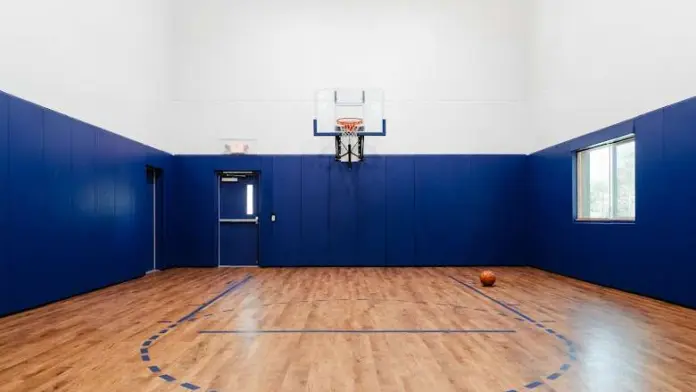
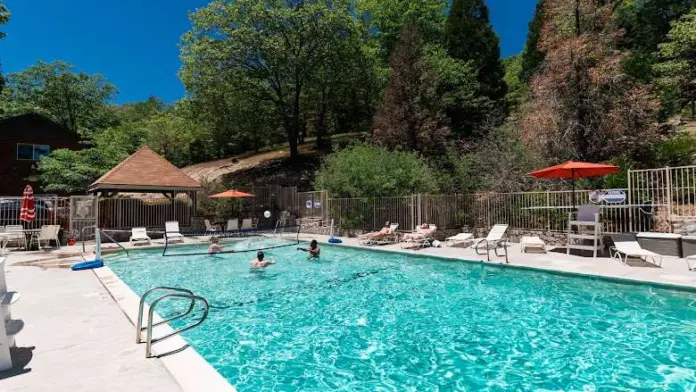
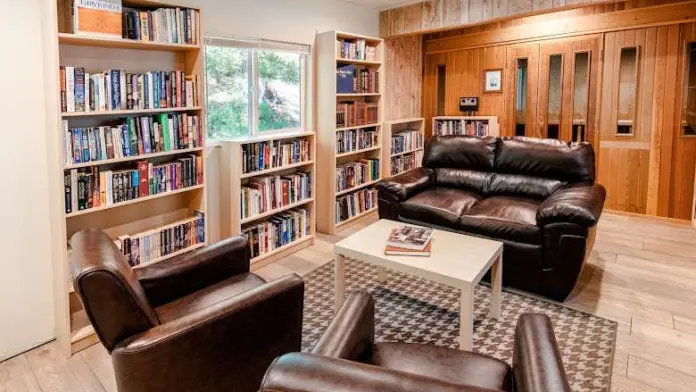
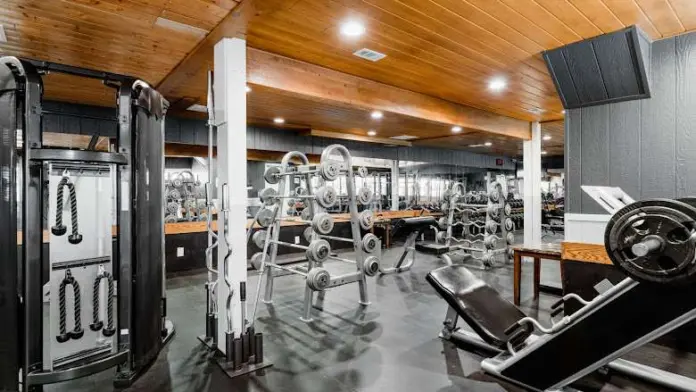
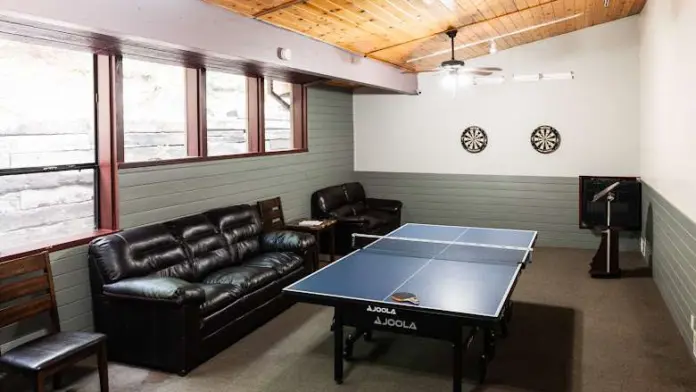
Location
Other Forms of Payment
Private insurance refers to any kind of healthcare coverage that isn't from the state or federal government. This includes individual and family plans offered by an employer or purchased from the Insurance Marketplace. Every plan will have different requirements and out of pocket costs so be sure to get the full details before you start treatment.
Self-pay involves paying for treatment out of your own pocket. You can use savings or credit, get a personal loan, or receive help from family and friends to fund your treatment. If you don't have insurance or your insurance plan doesn't cover a specific program, self-pay can help ensure you still get the care you need.
Financial aid can take many forms. Centers may have grants or scholarships available to clients who meet eligibility requirements. Programs that receive SAMHSA grants may have financial aid available for those who need treatment as well. Grants and scholarships can help you pai for treatment without having to repay.
Addiction Treatments
Levels of Care
Treatments
The goal of treatment for alcoholism is abstinence. Those with poor social support, poor motivation, or psychiatric disorders tend to relapse within a few years of treatment. For these people, success is measured by longer periods of abstinence, reduced use of alcohol, better health, and improved social functioning. Recovery and Maintenance are usually based on 12 step programs and AA meetings.
Drug rehab in California teaches participants constructive ways to stay clean and sober. Treatment revolves around helping individuals stop using the substance they are addicted to and learn healthy habits to avoid relapse.
Many of those suffering from addiction also suffer from mental or emotional illnesses like schizophrenia, bipolar disorder, depression, or anxiety disorders. Rehab and other substance abuse facilities treating those with a dual diagnosis or co-occurring disorder administer psychiatric treatment to address the person's mental health issue in addition to drug and alcohol rehabilitation.
A combined mental health and substance abuse rehab has the staff and resources available to handle individuals with both mental health and substance abuse issues. It can be challenging to determine where a specific symptom stems from (a mental health issue or an issue related to substance abuse), so mental health and substance abuse professionals are helpful in detangling symptoms and keeping treatment on track.
Opioid rehabs specialize in supporting those recovering from opioid addiction. They treat those suffering from addiction to illegal opioids like heroin, as well as prescription drugs like oxycodone. These centers typically combine both physical as well as mental and emotional support to help stop addiction. Physical support often includes medical detox and subsequent medical support (including medication), and mental support includes in-depth therapy to address the underlying causes of addiction.
Programs

Clinical Services
Cognitive Behavioral Therapy (CBT) is a therapy modality that focuses on the relationship between one's thoughts, feelings, and behaviors. It is used to establish and allow for healthy responses to thoughts and feelings (instead of unhealthy responses, like using drugs or alcohol). CBT has been proven effective for recovering addicts of all kinds, and is used to strengthen a patient's own self-awareness and ability to self-regulate. CBT allows individuals to monitor their own emotional state, become more adept at communicating with others, and manage stress without needing to engage in substance abuse.
Group therapy is any therapeutic work that happens in a group (not one-on-one). There are a number of different group therapy modalities, including support groups, experiential therapy, psycho-education, and more. Group therapy involves treatment as well as processing interaction between group members.
In individual therapy, a patient meets one-on-one with a trained psychologist or counselor. Therapy is a pivotal part of effective substance abuse treatment, as it often covers root causes of addiction, including challenges faced by the patient in their social, family, and work/school life.
For clients who are struggling with ambivalence toward change, motivational interviewing in California can help strengthen their commitment to change. Using a conversational method, the therapist helps you explore your motivations and empowers you to make the changes you desire.
Trauma therapy is a structured approach used by therapists to help you heal from a past traumatic event. Your therapist works with you to identify the traumatic memory and process the information so you experience emotional healing and a sense of safety and stability.
While in rehab treatment, you may work on developing various life skills to help you in long term recovery. These may include resilience, interpersonal skills, and self awareness. The focus will be on developing healthy habits for self care and relationships so you have the skills you need to manage day to day life.
Recreational therapy is included in alcohol and drug addiction treatment to focus on engaging you in healthy activities that reduce your cravings and improve your overall health and well being. When you participate in group sports, art, or nature walks, you develop new interests and find a meaningful way to spend your time and reduce your cravings.
Amenities
-
Gym
-
Yoga Studio
-
Residential Setting
-
Private Rooms
-
Hiking
Staff & Accreditations
Staff

Executive Director and CEO

Assistant Clinical Director

Program Manager
Accreditations

The Joint Commission, formerly known as JCAHO, is a nonprofit organization that accredits rehab organizations and programs. Founded in 1951, the Joint Commision's mission is to improve the quality of patient care and demonstrating the quality of patient care.
Joint Commission Accreditation: Yes
Contact Information
985 Meadow Brook Road
Lake Arrowhead, CA 92352
